Jacira Ferreira – Learning to stand up
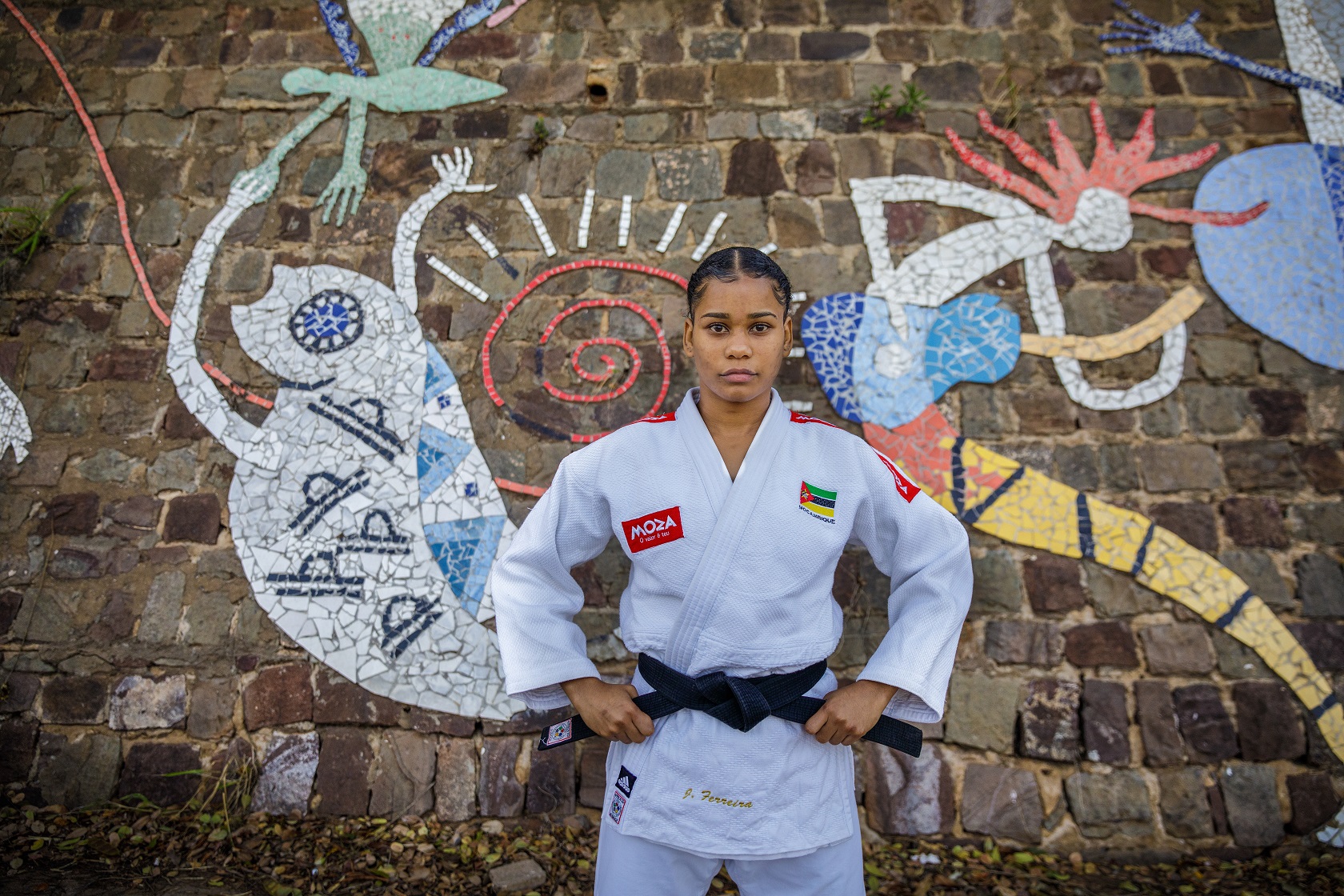
A beam of solar orange still imposes itself on the sky, which is already starting to darken. On the other side, a thin streak of moon announces the night. It’s Friday. The entrance to the Clube Naval becomes busy, men and women head to the restaurant for the beginning of the weekend after a long week of work.
The judoka Jacira Ferreira, who also had a long week of work as an IT professional at a financial institution, has also just got in, to have as much fun as possible. She is in the gym throwing her colleague onto the softened floor of the tatami. He falls and gets up, falls and gets up, falls and gets up until the session is over. It’s just practice, which is always this antechamber for national and international judo championships. Judo is about throwing the opponent to the ground, but often also about how often whoever is thrown gets up. A sport lesson that Jacira brings to life.
She came to judo along these strange paths that we usually call destiny. She was on a break from swimming – the sport she dedicated herself to – and went with a friend she considers a sister to her usual judo training. “The coach invited me to an experimental class, I did it and I liked it.” She came back another day, another day and another day until three months had passed and she was already on the mat for her first fight in the Maputo city championship. The first opponent was an athlete who had been involved in judo for several years. But in what can be called beginner’s luck come to form under this ingenuity of someone who doesn’t know the taste of victory or defeat, she won the first fight. “It was a surprise and a shock. All the coaches were surprised.” She lost the following fights, but the first one was enough to know that her place was there, on the edge of the tatami, even if she had to experience defeat at other times. And that’s what differentiates the big ones from the little ones, don’t let yourself be defined by the bad times.
She was considered, at the Women in Sport Gala, a standard-bearer for women’s judo in Mozambique.
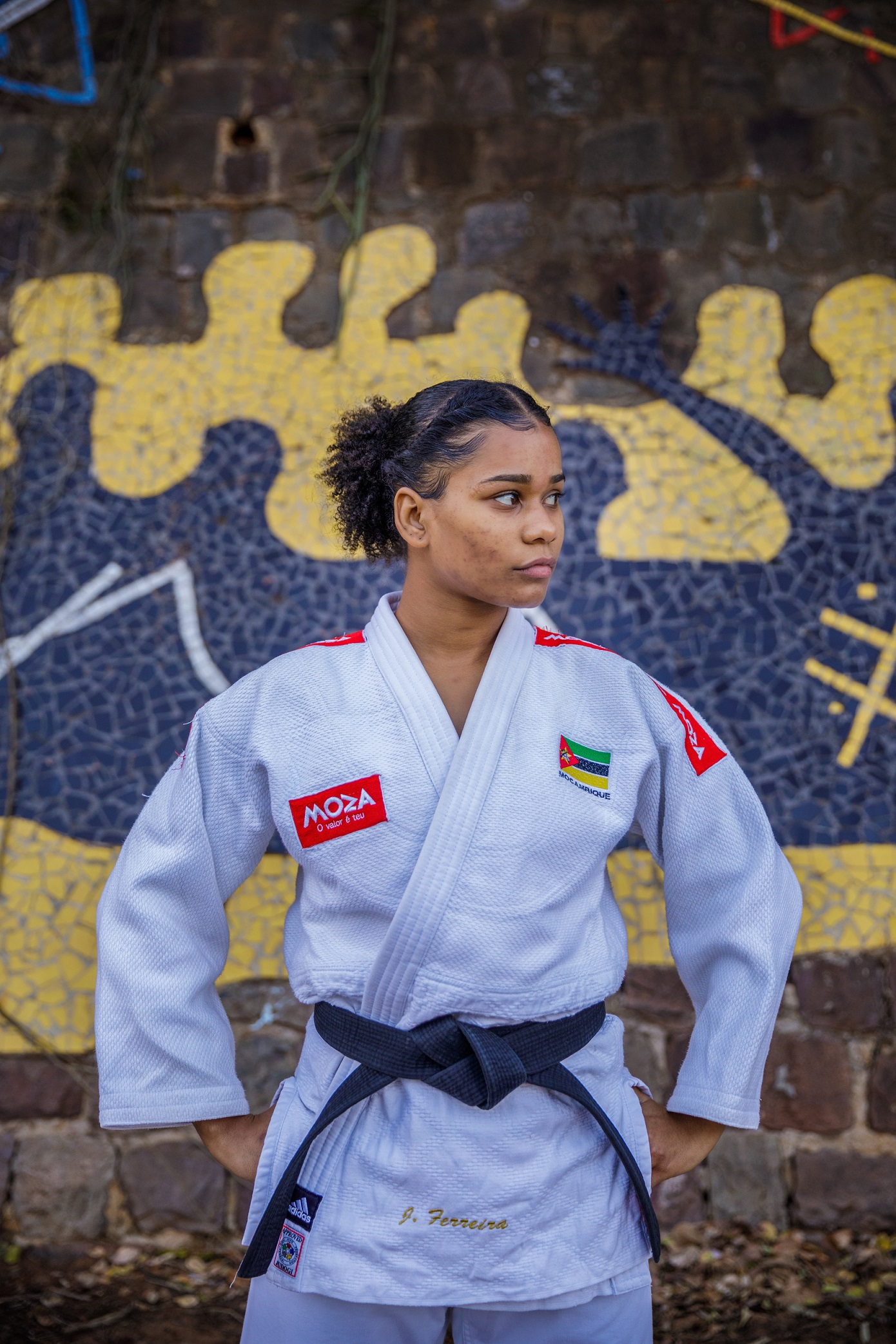
In the following championship, which also included qualification for African cadets and juniors, she got one of the four qualifying places. After six months of judo, the first international appearance arrived. It was in Botswana, she lost the first two fight, which made it impossible for her to celebrate more than her participation. “It felt good to represent the Mozambican flag” and I was only 14 years old. Everything happened between 2011 and 2012.
The following year, 2013, she was crowned national champion and qualified for the African championship that would follow and that she could not attend due to lack of funding, which would happen again in 2015. But she continued to train, on and off the tatami.
She returned to the international championships at the Zone 6 Games, in the cadet and junior categories. She came third in both. She would then become number one in her category in Mozambique. But the African championship that followed was the worst she can remember. She arrived with seven stitches on her forehead from a fight she had with a colleague in training sessions. In the middle of the first fight she lost her balance and hit her head, fainting. But she woke up shortly afterwards and still had to fight. She lost with a few minutes remaining, a lesson in resilience.
She arrived at SCASA in 2017 to be medaled and got a silver medal. During that time, victories and medals at the level of championships in the region became commonplace. In 2019, at the African Open, in Senegal, in which European athletes also participated, she came third. She continues to look for medals in the world championships in the sport, having already participated in four and getting one gold in the African championship. But she is already part of the African Top 6 in her category and was considered, at the Women in Sport Gala, a standard-bearer for women’s judo in Mozambique. A place you can get to by learning to get up. “I learn more when I lose.” Victories are celebrated, but they are always more ephemeral. Defeats are encrusted in her memory, making her think, watching the video of the fight, looking for a mistake, how she failed, what she failed and what to do to not fail again. “If you fall ten times, you have to get up eleven.”
Publicidade

Issue 70 Nov/Dec | Download.



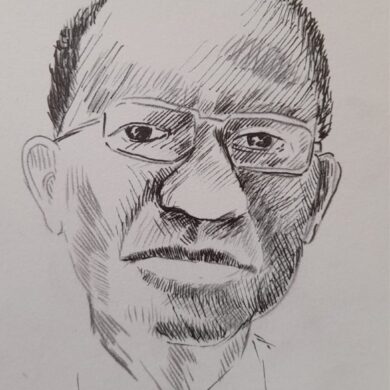
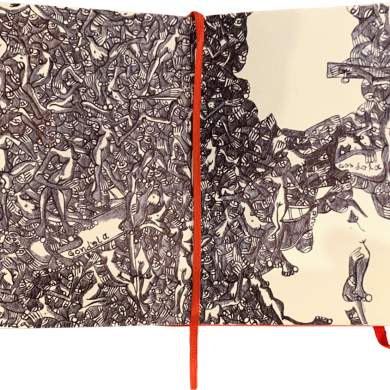
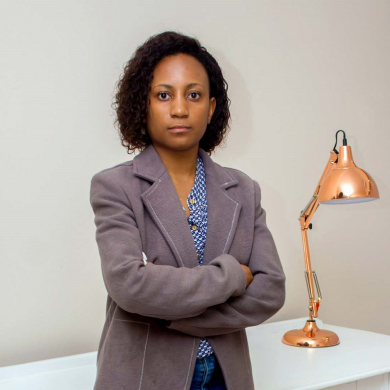
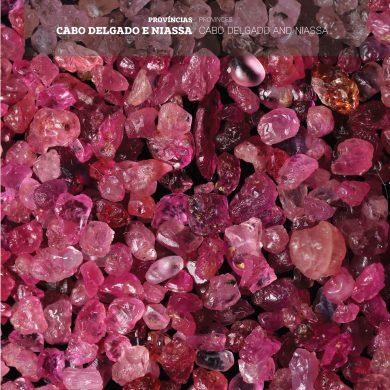
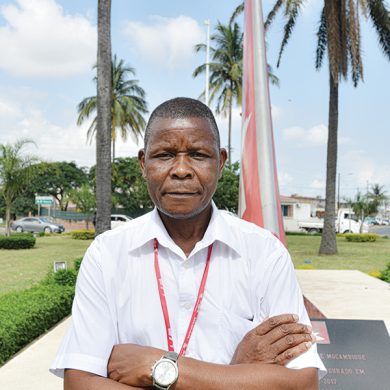

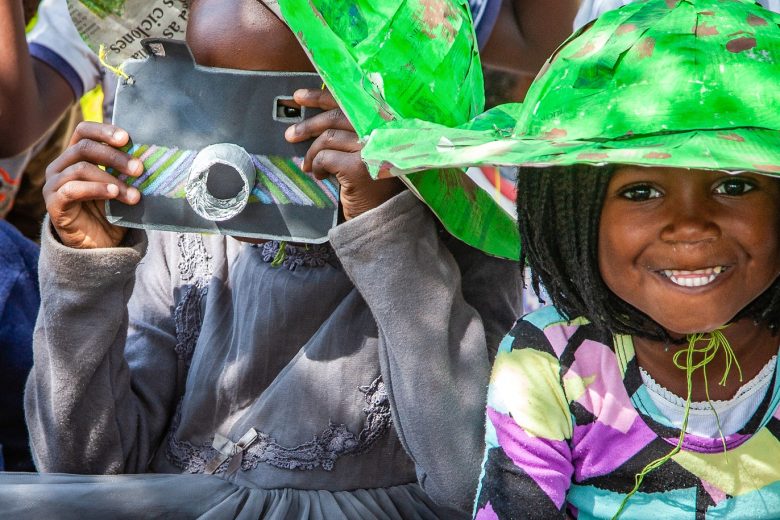










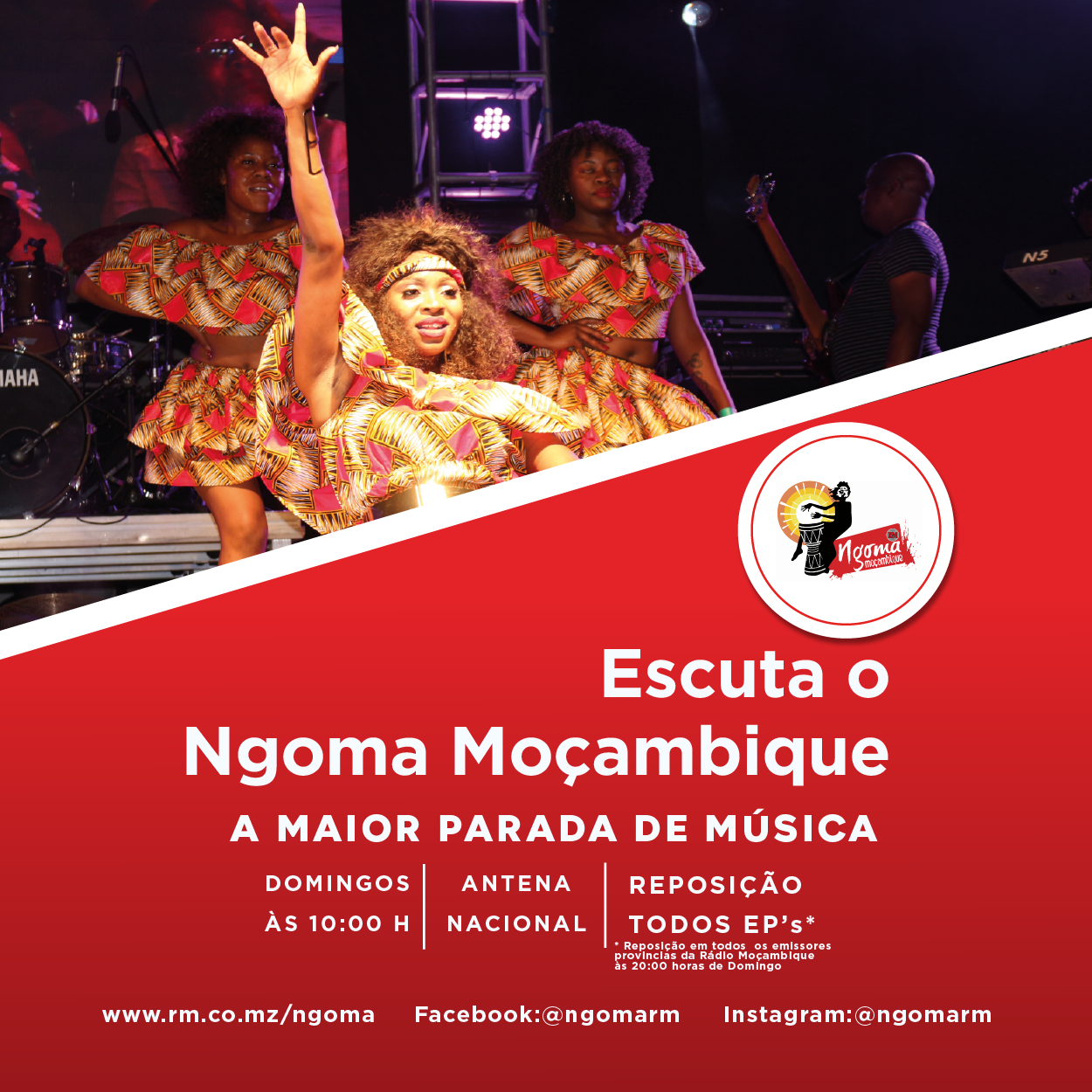






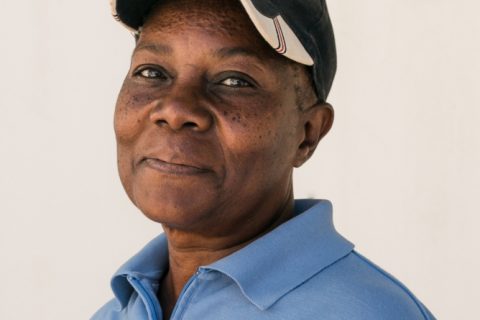
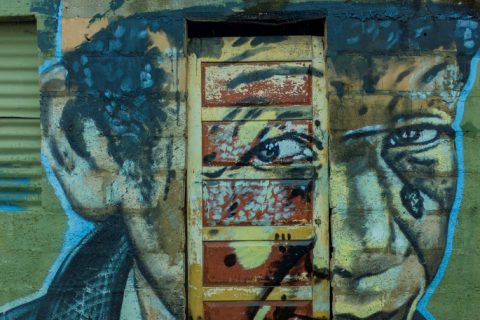

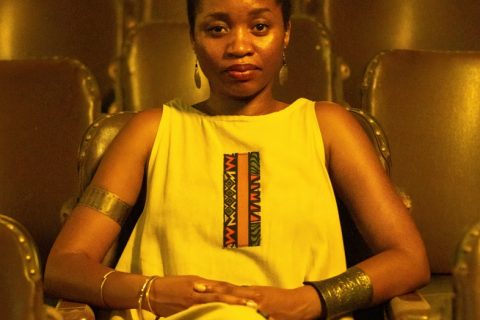
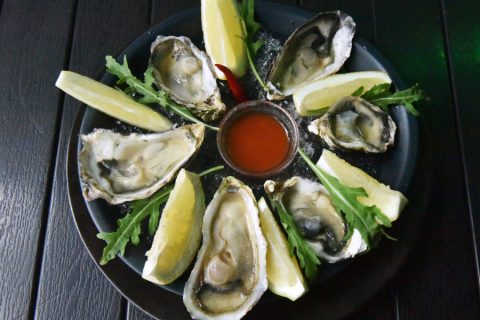



0 Comments